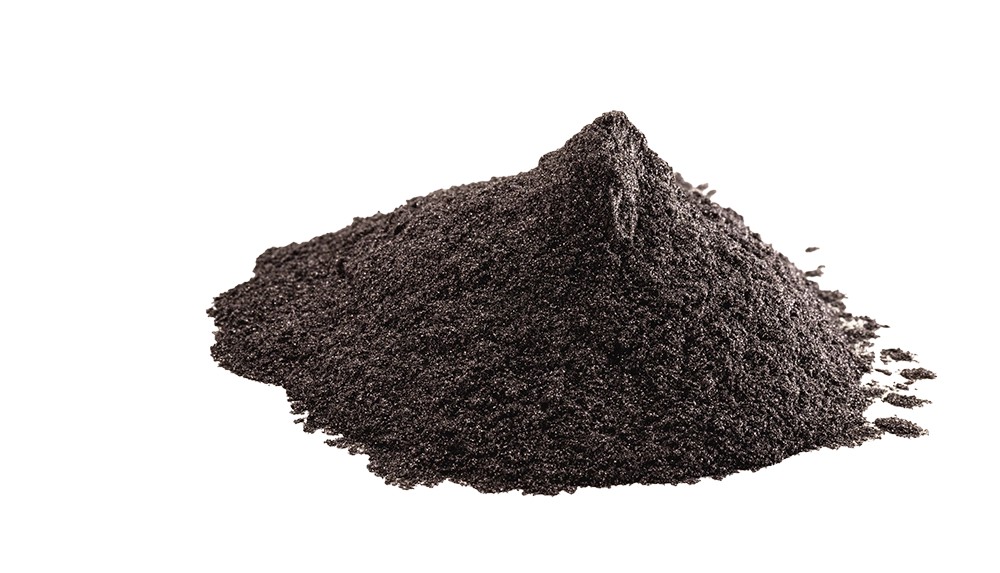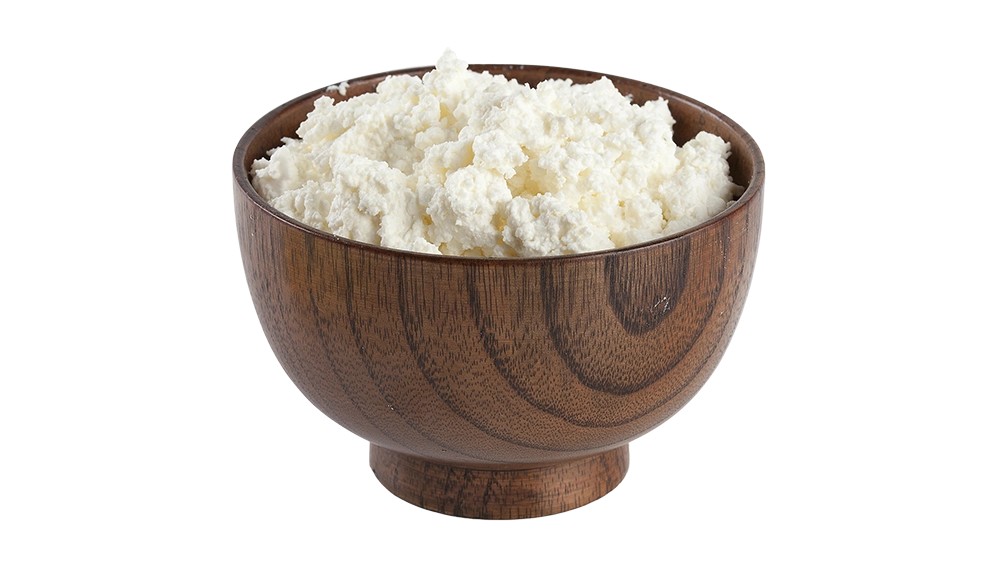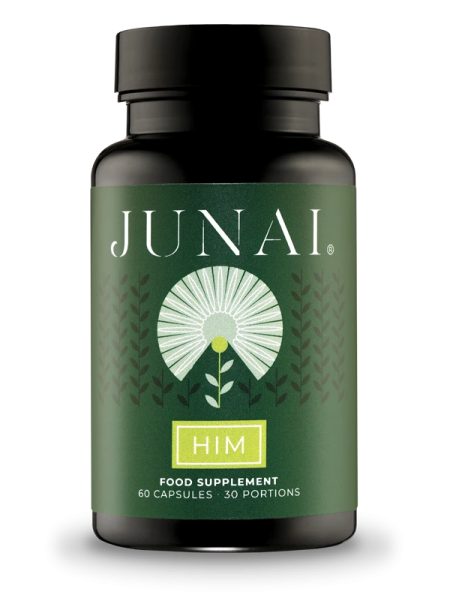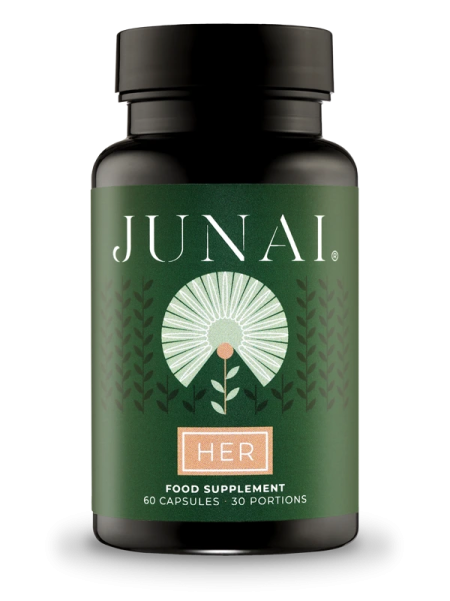Take control of your immune system this fall and stay ahead of the game
The clocks have been firmly set back an hour, red and gold leaves are falling from the trees, and the first trails of smoke are starting to puff up from the tops of chimneys. Try as we might to resist, winter is knocking at the door once again and with it come the same immune stressors as every year: too little sunlight, too many shut windows, too little exercise, and far too much exposure to other people coughing and sneezing. Add to that a bit of overeating for the holidays and we’re in that part of the year where our immune systems can collapse at the drop of a hat, taking us entirely out of the game for a week or more.
But we don’t have to just be idle observers, standing by passively as we watch colds and sniffles wreak their toll on us. There are plenty of ways to boost your immune system proactively, to limit both the amount and extent of any particular illness.
Nutrition: Feeding Your Defence Network
The immune system is an extremely complex network of cells and systems, some of which are on the front lines and some work deep within the body. All of them can be offered support in their own way. Let’s start on the surface and dive ever deeper.
Mucus membranes and hydration
Drinking enough fluids is a breeze in the summer. When you’re sweating just sitting in the shade, somehow the water bottle refills itself regularly and your instinct is to beat the heat by guzzling down fluids, iced if possible. Ironically, though, cold weather takes its own toll on the body’s watery resources. You have probably noticed throughout your life that your nose is a little bit runnier in the winter, even during periods when you don’t actively have a cold. That’s just your body’s natural defences working, as the increase in mucus production plays two key roles. The first is pure insulation, as keeping the nasal and tracheal passages coated with a line of mucus keeps them moisturized and prevents them from freezing when inhaling cold air. The second role is in mechanically flushing the nasal passages from potential pathogens.
In short, when the cold kicks in, your body expends even more moisture than normal on protecting itself, so the single biggest thing you can do to keep it strong and ready to ward off infections is to keep drinking as many fluids as possible. Remember, if you actually feel thirsty, it’s already too late!
Micronutrients
Winter is a time where you can’t afford to skimp on healthy inputs into your body. With darkness descending almost before you leave work, it might be tempting to curl up on the couch and open up a bag of chips. Try to resist the temptation and continue to put healthy foods on the table. It’s a little bit harder to this while still trying to eat locally and seasonally, but there are still plenty of late-fall and winter fruits and veggies that can keep your diet nutrient-rich in the colder months. Let’s see what the most important nutrients are for the immune system and what foods we can turn to in order to stay ahead of the game.
Zinc
If we were to pick just one nutrient to focus on above all others, it would be zinc. A true cornerstone of immune defense, it helps immune cells grow, communicate, and respond quickly when pathogens appear. A lack of zinc translates both to a higher susceptibility to infections, as well as longer recovery times. There are plenty of local and seasonal choices for maintaining zinc levels all winter long, including most legumes, most nuts and seeds, and the most common sources of protein: beef, pork, and poultry alike. Perhaps a source you wouldn’t have considered is found in oysters, by far the food with the most zinc per pound. Many also consider oysters a powerful aphrodisiac, another trait that comes in handy when the air is too cold to go outside... 😉 Of course, you can always take a tried and true supplement like Junai HIM.
Iron
Iron’s contribution to immune response is multifold. Firstly, and most simply, iron is the nutrient that ensures oxygen is delivered to cells, and immune cells, like all other cells, need oxygen to multiply and function effectively. Iron is further responsible for specific immune responses, such as differentiation of the T cells tasked with recognizing and readying the body’s adaptive strategies. Spinach, one of the best and most well-known sources of iron, might be hard to find in the winter, but lean meats are also a great source. Get your fill through nuts and legumes as well.
Selenium
Of the vitamins highlighted, selenium is the least well known. A trace mineral with a huge role in defending cells from oxidative stress, this element is also crucial in both innate and adaptive immune processes, especially in regulating how specialized cells respond to pathogens. Selenium further helps regenerate key antioxidants like vitamin C and E, supports the thyroid (which regulates immunity), and keeps inflammation in check. Brazil nuts, sunflower seeds, and mushrooms are great sources.
Vitamin D
Vitamin D is commonly known as the “sunshine vitamin”, and we all know that we get less of it in the winter in the summer. What most people don’t realize that, above certain latitudes, namely about 40 degrees, the sun’s rays are too weak to trigger the production of ANY natural vitamin D at all when the days get shorter. This means that 100% of Europeans living north of Rome, Madrid, or Istanbul will need to supplement their winter vitamin D intake through their diet. Fatty fish, eggs, and fortified milk are good sources, and it doesn’t hurt to take daily supplements for consistency, either. With sufficient amounts, you’ll be sure to support your thymus and provide your body with the building blocks it needs to produce antimicrobial peptides.
Vitamin C
Vitamin C is the king of antioxidants, neutralizing free radicals and supporting the production of the white blood cells that fight infection – lymphocytes and phagocytes. This vitamin, found abundantly in citrus fruits, peppers, and dark, leafy greens, is also key in bolstering and renewing your body’s front lines, the skin and mucous membranes. Keeping them healthy is a great way to prevent pathogens from finding their way into the body. Let’s be very clear, though: regular intake of vitamin C has never been shown to prevent colds entirely, but it has been clearly shown to limit the duration of the infection. Even when the last of the fresh, local produce is off the shelf in the middle of winter, there’s one product whose stocks are sure to last until spring: sauerkraut. Not only is it a fantastic source of vitamin C, but it’s also teeming with probiotic cultures that tie into the topic of our next section...
To sum up:
Zinc — The Cornerstone of Immunity
This mineral helps immune cells grow, communicate, and respond quickly. Find your dietary source in beans, nuts and seeds, lean meats, and oysters if you’re feeling fancy.Iron — Oxygen to Bolster Your Defenses
It powers the delivery of oxygen to your immune cells and supports the creation of pathogen-fighting T cells. Find it in spinach, legumes, and lean meats.Selenium — The Unsung Shield
This trace mineral guards cells from oxidative stress while supporting the thyroid and antioxidant balance. Mushroom make a tasty source.Vitamin D — The Winter Staple
Above Rome, Madrid, or Istanbul, the winter sun's rays simply aren't strong enough to trigger vitamin D production. Get your fill of fatty fish, eggs, and fortified milk to combat deficiency.Vitamin C — Classic, Yet Crucial
While not a cure for the common cold, along with zinc it's your best bet to shorten one. Found in citrus, peppers, and winter's favorite indulgence: sauerkraut.

Gut Health: The Hidden Guardian
A popular tagline you might have heard is that 70% of immune cells live in the gut. But what does that mean, exactly? This started out as an evolutionary hack, placing the most immune cells exactly where pathogens most often enter the body: through our food. Before the modern inventions of food safety legislation, widespread refrigeration, and modern preservatives, it made great evolutionary sense to stack the immune system’s odds in the guts’ favor.
The first type are surveillance cells, which constantly check the incoming contents of the gut against known pathogens and prevent the body from wasting energy in mounting unnecessary immune attacks. Then there are the first responders in the GALT, or gut-associated lymphoid tissue. These cells attack the pathogens that breach the digestive tract as the first point of contact into the body.
But it’s not just the body’s own immune cells that fight infections in the gut, as "foreign" microbiota also do their part to keep you healthy. This is a complex role, powered by both physical and chemical processes. The flora in your gut firstly occupy physical space within your digestive tract and secondly compete with invading pathogens for resources. Having robust microbiota ensures that infections have neither a place to take hold nor the nutrients needed to reproduce, effectively starving them out. Another mechanism is antimicrobial, with some cultures producing bacteriocins and other metabolites that directly inhibit or kill pathogens.
“Gut bacteria subsist on complex carbohydrates and fiber that our own cells are unable to digest,” Dr. Jacobs says.
So what can you do to bolster the response of your gut bacteria and make sure that your flora are healthy and happy? Eat probiotic foods like yogurt, anything fermented like kefir, kombucha, kimchi and sauerkraut, and also make sure to supply flora with the fiber and complex carbohydrates they need to survive. And, to really make sure your gut is healthy and happy, supplement its biota with active cultures, like the Lactobacillus rhamnosus that Junai HER is packed with.
Movement, Sleep, and Regeneration
The shorter days in fall serve as a double-edged sword; on the one hand, it’s easier to hit the hay a little earlier and get the sleep your body needs to regenerate, but on the other hand, it’s harder to find time for the exercise required for maintaining a healthy immune system. There's no need to be as active as you are during the warmer months, but know that exercise is far from just a means to the end of a beach body. Exercise is actually crucial for your immune system. We won’t focus on longevity in this blog, as the long-term effects of a healthy and fit cardiovascular system are well known. Instead, we’ll stick to the short-term benefits of warding off infection.
Getting your heart rate up helps transport white blood cells throughout the body and exciting your vascular system helps expel pathogens through the lungs. Scientists still aren’t entirely sure why, but exercise triggers inflammation in the body and subsequently an anti-inflammatory response, similar to what the body needs to do to fight infection. It’s thought that this response is what makes fit people healthier on average. For the purposes of immunity, regular light exercise trumps sporadic bursts of intensity. We suggest at the very least a walk every day with some more strenuous activity 2-3 times per week. For more tips, read our blog on staying active in the fall and applying what you can to the winter months.
After being active, though, be sure to get the rest and recuperation you need. Just as exercise helps your immune system stay healthy, so does recovery aid your body in producing the cells and proteins it needs to combat infection. Certain building blocks of immunity, like cytokines, are only produced during sleep, and even then only during deep sleep.
Keep healthy this winter by getting plenty of micronutrients, balancing the health of your gut flora, staying active, getting enough rest, and supplementing your diet with Junai.

Zinc
Zinc is a strong antioxidant contributing to the digestion and metabolism of macronutrients, sugars, proteins, and fats. It plays key roles in reproductive health and maintaining normal cognitive function. It is also vital for the immune system.

Lactobacillus rhamnosus
One of the world's best-studied friendly bacteria. Present in both the intestines and the vaginal tract, it is a key component of satisfied and productive flora, with positive effects on health and happiness.
Related products
Related posts

How to Keep Your Energy Up after Summer Break
Summer is slowly saying its fond farewell, and ahead of us are cooler mornings, shorter days, and new platefuls of responsibility.














